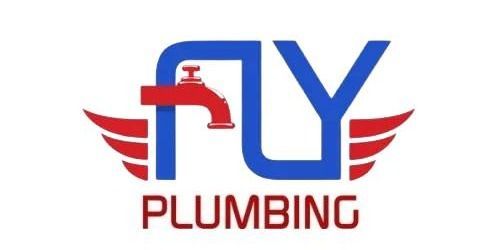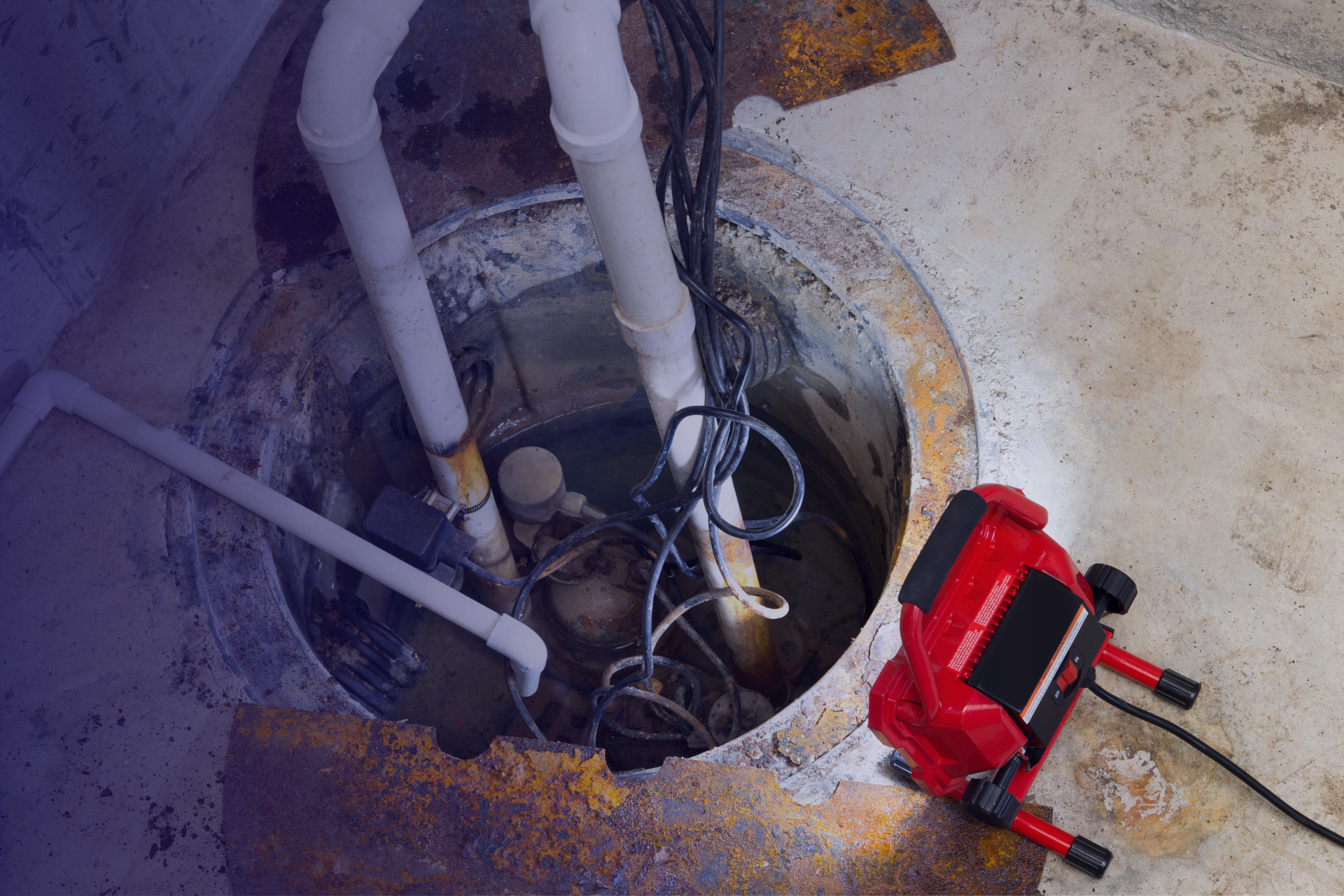8 Common Plumbing Issues Caused by Cold Weather
Winter demands extensive preparation for you to enjoy relative peace of mind. Since people typically spend significant time indoors during the cold season, you need a sufficient and clean supply of water, clear gutters and drains, and a system that can generally handle all the piling silt and sediments. Even when adequately prepared, you may still encounter some plumbing challenges. To make it more bearable and easier to sail through this season, we’ve highlighted common plumbing issues you may encounter during cooler weather and how to fix them.
1. Frozen and Bursting Pipes
When temperatures are too low, water freezes into ice, which could cause your plumbing pipes to burst as water seeks an outlet from the enclosure. Fixing pipes that burst during winter is a daunting task that demands skill and expertise.
Don’t hesitate to call us for Lake and Cook County, IL. 24/7 Emergency plumbing repairs.
The consistent snowing makes it difficult to establish where the leakage comes from, especially where piping has been buried underground. However, if you don’t fix pipes that have ruptured, you will also encounter heavy water bills as more water goes to waste. You also risk water damage inside your home or to your home’s foundation, depending on where the burst happens.
Freezing can happen to both indoor and outdoor pipes, causing great inconveniences. One way to deal with this is to keep the water running so that it finds an outlet when expansion occurs. Open the taps slightly to allow just a few drops of water throughout. This will reduce the chances of pressure building up inside the pipes. During warmer days when water doesn’t freeze too much, you can close the taps completely to avoid wastage.
2. Clogged Drains
Increased indoor activities such as cooking mean more fats, grease, soap, and waste travel down the drainage system and through your pipes. Kitchen and bathroom sinks are the biggest culprits that can easily get blocked if proper attention is not given to them. You’ll likely need a pro plumber for drain cleaning.
Avoid draining solid trash down the sinks, and ensure that water going through the sinks is properly filtered. Avoid grease, hair, and cooking oil within the drainage system. Instead, throw such waste into the trash to avoid blockage.
3. Frozen Septic Tank
A septic tank that’s frozen, filled up, or leaking is an unpleasant ordeal and unfriendly sight. Problems relating to septic tanks tend to increase during winter. If water freezes inside the septic sink, there will be little or no flow of waste, making it hazardous.
Dealing with a frozen septic tank can be hectic since it’s buried under the soil. Since this can be quite a technical task, you will likely need assistance from an expert. In most cases, it will require that they open the cover to unblock it. Once it is open, they push a hose down the septic tank until they find the outlet. Then, they thrust the hose through the mouth of the outlet until they notice it clearing and allowing water to flow.
4. Broken and Overflowing Sewers
The danger of broken sewers in winter is closely related to frozen septic tanks. With snow thawing and water flowing through the drainage consistently, the drainage gets overwhelmed, which may result in overflowing or broken sewers. Such situations need quick intervention to avoid contamination and a breakout of diseases.
Minor plumbing hitches can cause Sanitary Sewer Overflows (SSOs) but also indicate a serious plumbing flaw. Fly Plumbing & HVAC will investigate the cause to fix it permanently for your Wheeling, IL home.
5. Flooding of the Basement
Melting ice has to find its way out. It may be held on the property’s basement and other low-lying floors. Flooding water is unhealthy and can also cause cracks in your flooring.
The best way to avoid flooding is to deal with draining challenges before winter comes calling. Ensure you clear gutters and other drainage pipes holding silt and dirt. You also need to clear snow as soon as it piles. This includes snow piling up on your roof and other surfaces within the compound. When snow is consistently cleared during winter, you reduce the chances of causing flooding and blockages.
If the basement is flooded, water should be drained as soon as possible by a plumbing professional using a pump. Remember to remove any damaged items and those at risk.
6. Reduced Water Pressure
Frozen pipes are a major cause of low water pressure, yet people need a higher water supply in cold seasons since there are more activities within the household. If the weather warms up a little, this problem may be naturally sorted out since the snow will thaw.
However, if you consistently notice water flowing with reduced pressure, it’s advisable to consult an expert to help you check your entire water supply system. They will help identify whether low pressure is due to clogged pipes or a challenge that needs a different approach.
At Fly Plumbing & HVAC, we serve customers across Wheeling, IL, and the nearby areas. We’ve grown to understand the challenges specific to this region and developed solutions based on varied experiences. We are particularly knowledgeable if drain cleaning is needed in this situation.
7. Water Heater Breakages
The cold season brings about increased water heating needs. This may lead to a breakdown of water heating systems, making it inconvenient for occupants. This is particularly common if you don’t carry out routine maintenance of your water heater.
You can identify broken or damaged heating systems from strange sounds, leaks, or general malfunction. Note that faulty water heaters can also harm users and should be fixed immediately.
To avoid breakdowns that may lead to high repair costs, closely check your heating system throughout the year. Professional repairs ensure that your system remains in good working condition. During winter, flushing water through the water heater helps to avoid the accumulation of sediments that may cause blockage and other malfunctions.
8. Frozen Well Pump
In homes where private wells supply water, frozen pumps would be very frustrating during winter. This is mostly common in pipes that don’t run very deep. On the other hand, deep well pumps tend to be relatively protected from the adverse effects of the weather above.
However, jet well pumps have higher chances of freezing. When this happens, they have to be thawed as quickly as possible for the household to continue receiving water. One way to prevent this is by having a professional insulate the pipes to keep them relatively heated through the cold season. They can make sure pipes are properly wrapped and target ones that are hard to reach.
Before the cold season, we can inspect all areas that need repair and maintenance to help your system run efficiently. In case you run into challenges during winter, call a professional immediately. At Fly Plumbing & HVAC, we’ve handled virtually every challenge that could occur during winter in Wheeling, IL. From this experience, we can assist clients efficiently and promptly in their critical time of need for water heaters, sewer service, drain cleaning, frozen pipe repair, sump pump, toilet repair, and emergency plumbing. Call Fly Plumbing & HVAC today or reach out through our official social media pages for more information.
Would You Like to Speak to Us Right Now?
We’re available 24/7 because plumbing emergencies can strike anytime. Call now to speak with a representative!


224-215-0580
QUICK LINKS
STAY CONNECTED
Join our newsletter and find out more
Contact Us
Thank you for signing up for our newsletter pre-launch list! We are in the process of creating our monthly newsletter.
Please try again later
Our Mission:
When we look at our customers, we see our friends and family. Treating our customers like family is our method to providing continual top-of-the-industry service. As a family-owned and operated company, we strive every day to be better than we were the day before. It is this mindset that continues to give our customers confidence that their homes are in good hands. Everyone needs a plumber they can trust. The best decision you can make is to trust us.
All Rights Reserved | Fly Plumbing | License: #055 043945. Privacy Policy.










